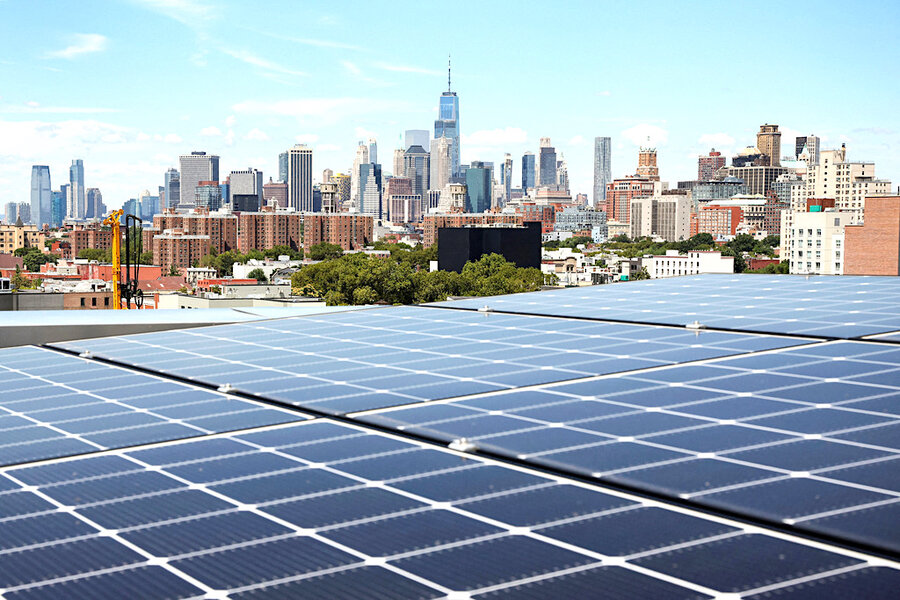Why a climate summit for mayors?
Loading...
In June, Milwaukee became one of the latest cities around the world to adopt an ambitious plan to reduce greenhouse gas emissions – by 45% in seven years. Each piece of the plan was designed to enable people to live out local values while also acting on climate change. A good example: Planners noted a strong desire among low-income youth for high-paying jobs, which led to a program to train electricians; all the solar- and wind-generated power stations, as well as charging stations, will need more of them.
“This is not just a plan that’s going to just sit on a shelf,” said Milwaukee Alderwoman Marina Dimitrijevic. “This is going to live in everything that we do.”
The city’s success – one that started with tapping into people’s values to enable them to see their role in climate action – helps explain a notable first at this year’s United Nations Climate Change Conference. The gathering of nearly 200 countries, which starts Nov. 30, will include a formal summit of local government leaders, mainly city mayors.
“Cities are where the climate battle will largely be won or lost,” said U.N. Secretary-General António Guterres. In fact, many cities have cut per capita emissions at a faster rate than their national governments.
In the United States, a recent survey of 20 urban areas by the Manhattan Institute shows why cities are adopting climate plans. On many local issues, says the institute’s senior fellow Michael Hendrix, residents easily cross partisan divides. “It’s hard to see that there’s a clear Democratic or Republican way for you to win on particular issues,” he told City Journal.
Many cities seeking climate action, especially at the neighborhood level, “are small enough to allow for high ambitions, community engagement and new approaches tailored toward local needs,” write urban experts Mark Watts and Claus Mathisen on the website SmartCitiesWorld.
One challenge in climate action is to avoid “unilateral imposition of measures – particularly those that will be expensive or require behavioral change,” writes David Simon, a professor of development geography at Royal Holloway, University of London, in Foreign Policy. Cities, he adds, must “understand residents’ anxieties and constraints and identify mutually acceptable ways forward.”
In less than three months, during the first summit for cities at a U.N. climate conference, mayors with climate plans well underway may show national leaders how to engage citizens with a spirit of listening. Understanding local values is a first step toward earning support for solutions to cool the planet.







